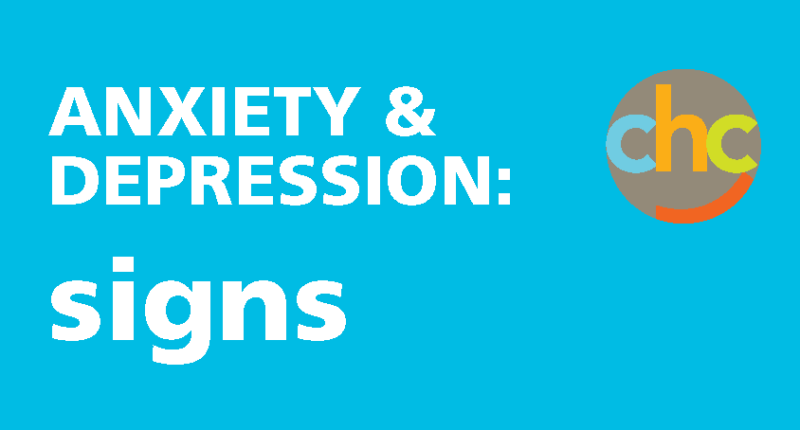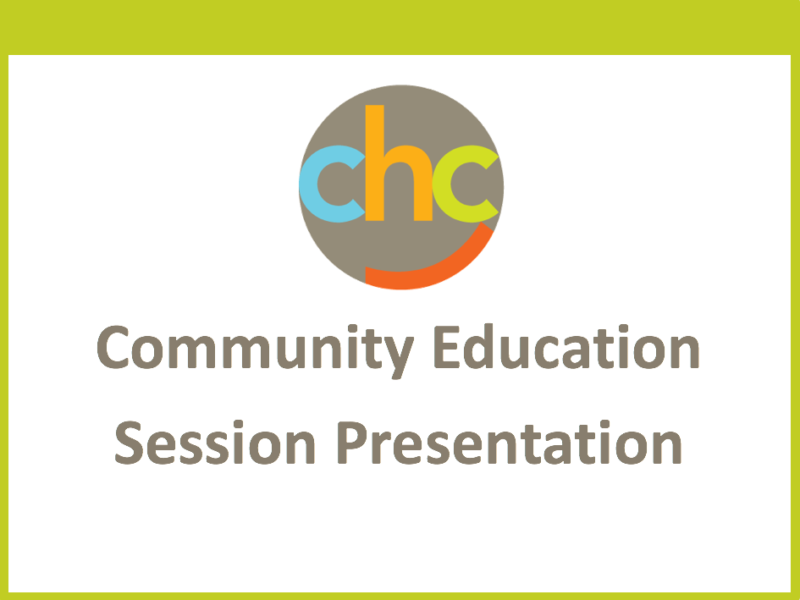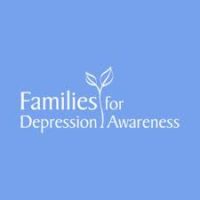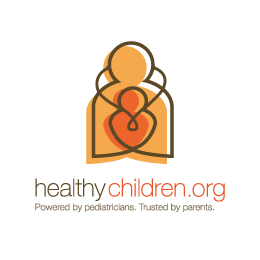
Anxiety and Depression: Know the Signs and How to Help [downloadable]
How do you know if you or someone you care about is suffering from anxiety or depression? The symptoms can be subtle, and they may develop over time. This downloadable handout lists the signs and changes in behavior that are Read more >>










